Navigating Time: A Comprehensive Guide to the Urdu Calendar for January 2025
Navigating Time: A Comprehensive Guide to the Urdu Calendar for January 2025
Introduction
With enthusiasm, let’s navigate through the intriguing topic related to Navigating Time: A Comprehensive Guide to the Urdu Calendar for January 2025. Let’s weave interesting information and offer fresh perspectives to the readers.
Table of Content
Navigating Time: A Comprehensive Guide to the Urdu Calendar for January 2025
The Urdu calendar, rooted in the Islamic lunar calendar, serves as a vital tool for navigating time and observing religious events for millions across the globe. Understanding its intricacies and significance is crucial for individuals seeking to align their daily lives with the lunar cycles and Islamic practices. This article delves into the intricacies of the Urdu calendar for January 2025, providing a comprehensive overview of its structure, important dates, and practical applications.
The Lunar Foundation:
The Urdu calendar, like the Islamic calendar, is a lunisolar system, meaning it follows the cycles of the moon. Each month begins with the sighting of the new moon, making the duration of months fluctuate slightly. This unique characteristic sets it apart from the Gregorian calendar, which operates on a solar cycle.
The Importance of the Urdu Calendar:
The Urdu calendar holds profound significance for Muslims worldwide. It dictates the timing of religious observances, such as Ramadan, Eid al-Fitr, and Eid al-Adha, ensuring a unified observance of these important events. Additionally, it plays a crucial role in determining the dates for Islamic festivals, community gatherings, and religious rituals.
January 2025: A Glimpse into the Calendar:
January 2025 falls within the Islamic year 1446 AH (Anno Hegirae, meaning "in the year of the Hegira"). The specific dates and days of the week within January 2025 are subject to the sighting of the new moon. However, based on astronomical calculations, the month is likely to begin in the latter half of January 2025, with the exact date to be announced by relevant Islamic authorities.
Understanding the Calendar’s Structure:
The Urdu calendar is structured around 12 lunar months, each with an approximate duration of 29 or 30 days. These months are:
- Muharram: The first month of the Islamic calendar, often associated with the martyrdom of Imam Hussain.
- Safar: The second month, known for its historical significance in Islamic history.
- Rabi’ al-Awwal: The third month, marking the birth of Prophet Muhammad (PBUH).
- Rabi’ al-Thani: The fourth month, known for its historical significance in Islamic history.
- Jumada al-Ula: The fifth month, often associated with the birth of Imam Ali (RA).
- Jumada al-Thaniyah: The sixth month, known for its historical significance in Islamic history.
- Rajab: The seventh month, considered a sacred month, during which fighting is forbidden.
- Sha’ban: The eighth month, often associated with the preparation for Ramadan.
- Ramadan: The ninth month, the month of fasting and spiritual reflection.
- Shawwal: The tenth month, marking the end of Ramadan and the celebration of Eid al-Fitr.
- Dhu al-Qidah: The eleventh month, known for its historical significance in Islamic history.
- Dhu al-Hijjah: The twelfth month, containing the Hajj pilgrimage and the celebration of Eid al-Adha.
Navigating the Calendar: Key Dates and Events:
While the exact dates for specific events may vary slightly depending on the sighting of the new moon, the Urdu calendar for January 2025 is likely to include the following key events:
- The End of Dhu al-Hijjah (1446 AH): This month marks the end of the Islamic year and the completion of the Hajj pilgrimage.
- The Beginning of Muharram (1447 AH): This month is often marked by solemn observances and reflections.
- Ashura: The tenth day of Muharram, a day of mourning and remembrance for the martyrdom of Imam Hussain.
- Other Religious Observances: The Urdu calendar for January 2025 may also include other significant religious events, such as the birthdays of important Islamic figures or other historical commemorations.
Practical Applications of the Urdu Calendar:
The Urdu calendar transcends its religious significance and offers practical applications in everyday life:
- Time Management: The Urdu calendar provides a structured framework for organizing daily activities, planning events, and setting deadlines.
- Cultural Understanding: Familiarity with the Urdu calendar fosters cultural understanding and appreciation for the traditions and beliefs of Muslims worldwide.
- Community Engagement: The calendar plays a crucial role in promoting community gatherings, festivals, and social events, fostering a sense of unity and shared identity.
- Educational Value: The Urdu calendar serves as a valuable educational tool, teaching individuals about Islamic history, beliefs, and practices.
FAQs by the Urdu Calendar for January 2025:
1. How does the Urdu calendar differ from the Gregorian calendar?
The Urdu calendar is a lunisolar system, while the Gregorian calendar is a solar system. This means the Urdu calendar follows the lunar cycles, while the Gregorian calendar follows the solar cycles.
2. What are the key events to look out for in the Urdu calendar for January 2025?
The Urdu calendar for January 2025 is likely to include the end of Dhu al-Hijjah (1446 AH), the beginning of Muharram (1447 AH), and the observance of Ashura.
3. How do I find out the exact dates for events in the Urdu calendar for January 2025?
The exact dates for events in the Urdu calendar are determined by the sighting of the new moon. Consult local Islamic authorities or reliable online sources for the most accurate information.
4. What are the practical applications of the Urdu calendar?
The Urdu calendar offers practical applications in time management, cultural understanding, community engagement, and education.
5. Is the Urdu calendar important for non-Muslims?
While the Urdu calendar primarily serves the religious and cultural needs of Muslims, understanding its structure and significance can foster greater cultural awareness and interfaith dialogue.
Tips by the Urdu Calendar for January 2025:
- Stay Informed: Consult reliable sources for accurate information about the Urdu calendar and its events.
- Embrace Cultural Diversity: Learn about the traditions and beliefs associated with the Urdu calendar to foster understanding and respect for other cultures.
- Participate in Community Events: Engage in community gatherings and celebrations related to the Urdu calendar to build connections and strengthen social ties.
- Share Knowledge: Share your knowledge of the Urdu calendar with others to promote awareness and understanding.
Conclusion by the Urdu Calendar for January 2025:
The Urdu calendar for January 2025 serves as a vital tool for navigating time, observing religious events, and fostering cultural understanding. Its intricate structure, key dates, and practical applications offer a unique perspective on the passage of time, connecting individuals to their faith, traditions, and community. By understanding its significance and utilizing its practical applications, individuals can enhance their daily lives, foster cultural awareness, and strengthen their connection to their faith.
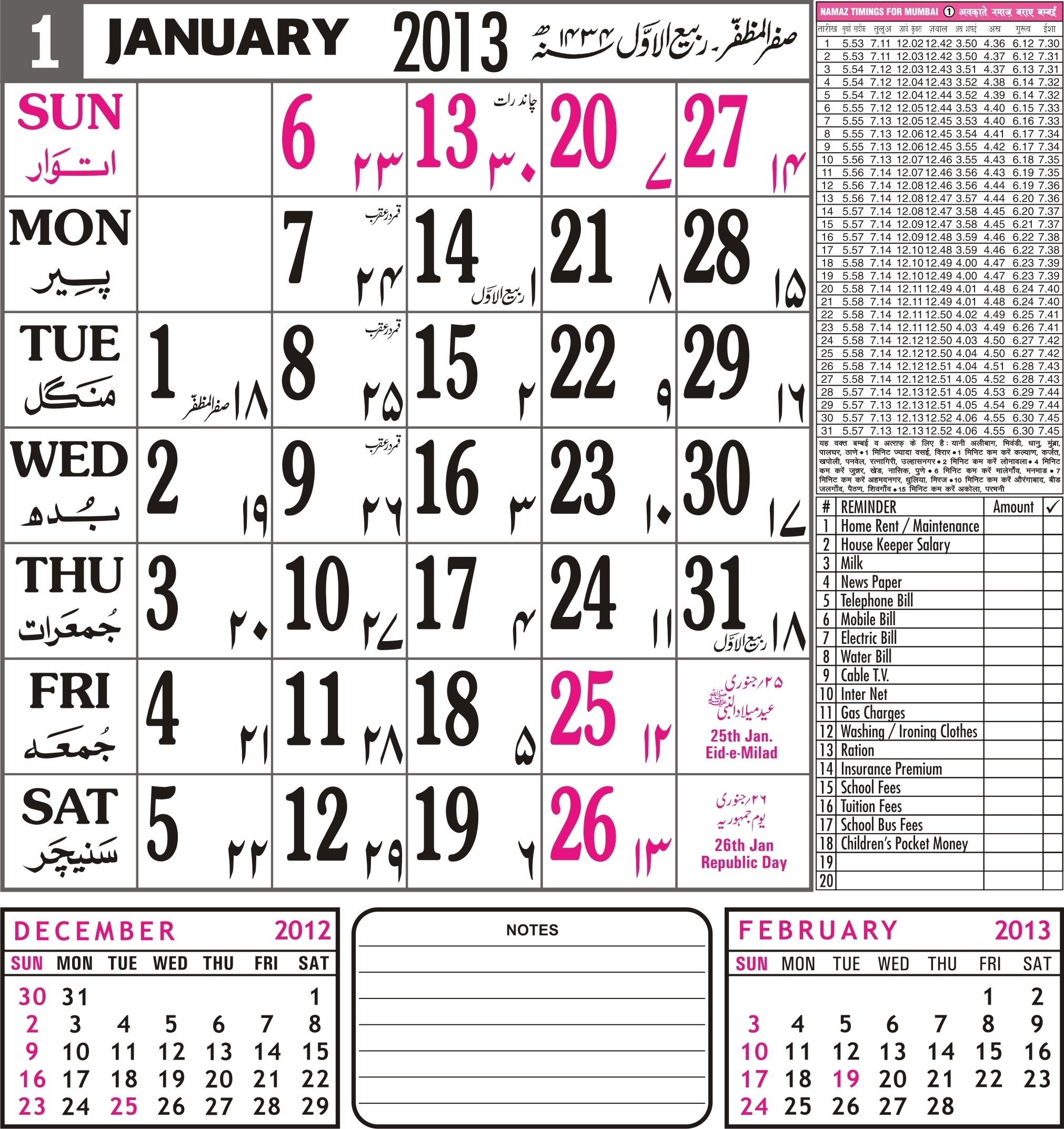
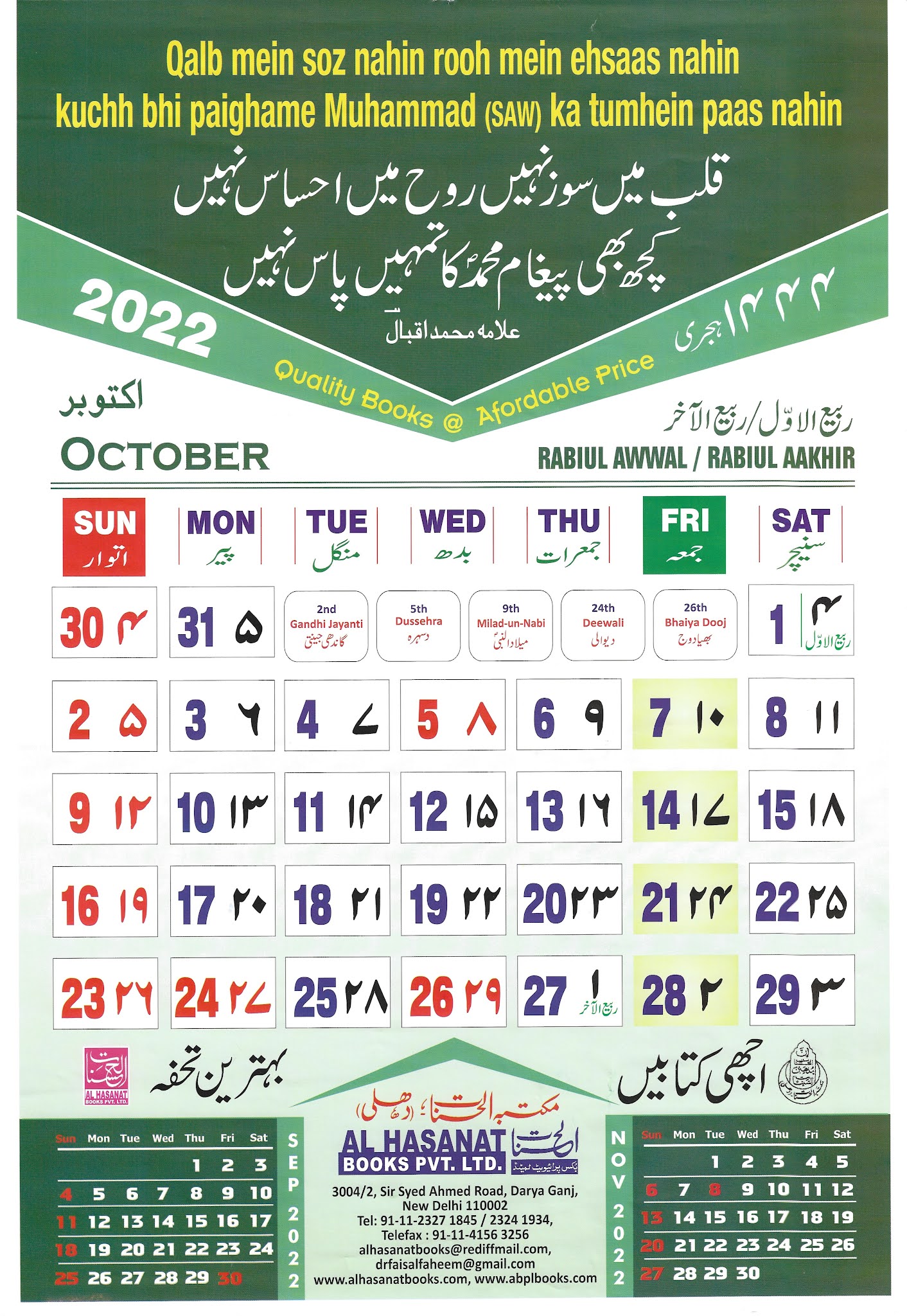
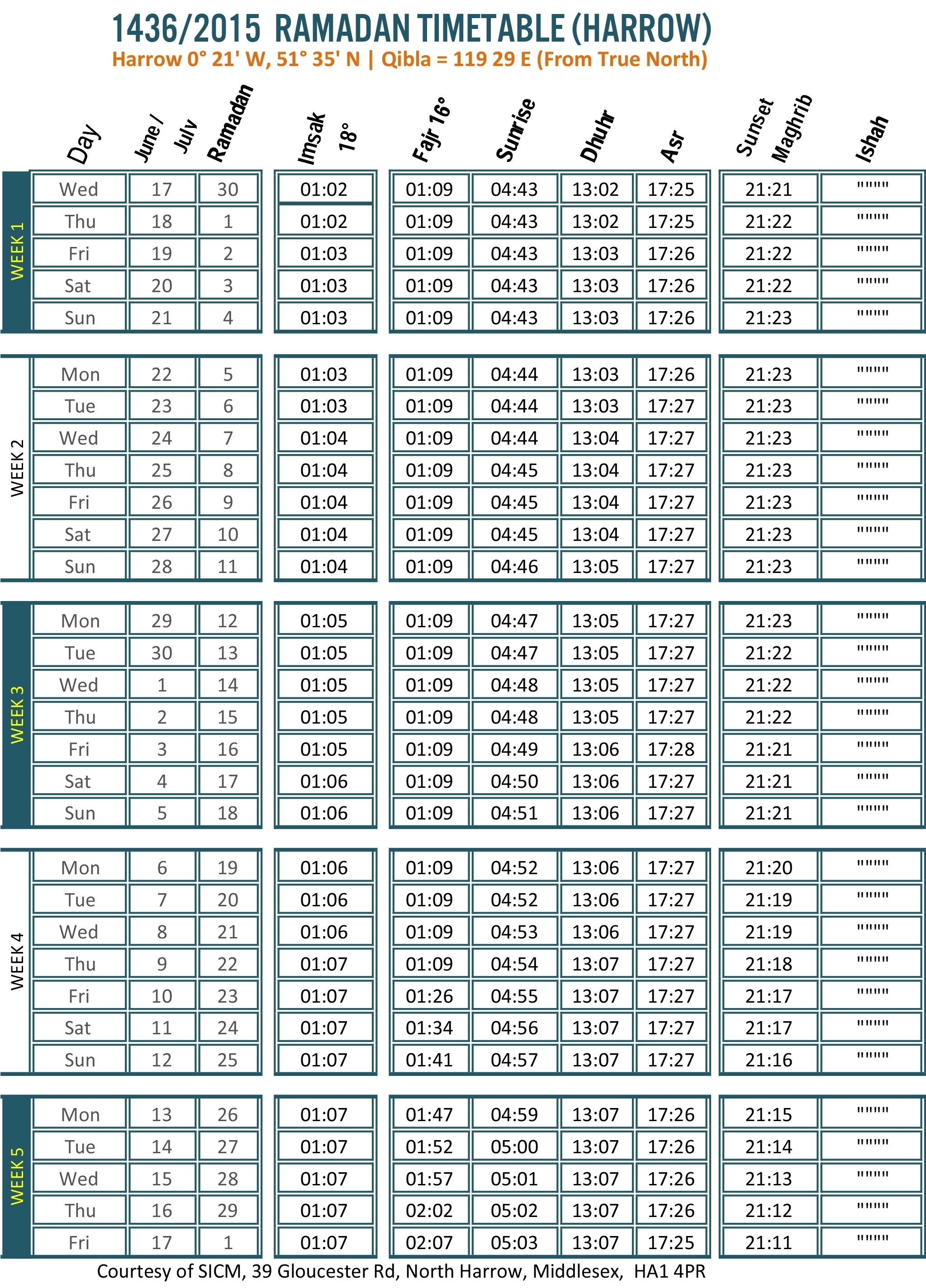
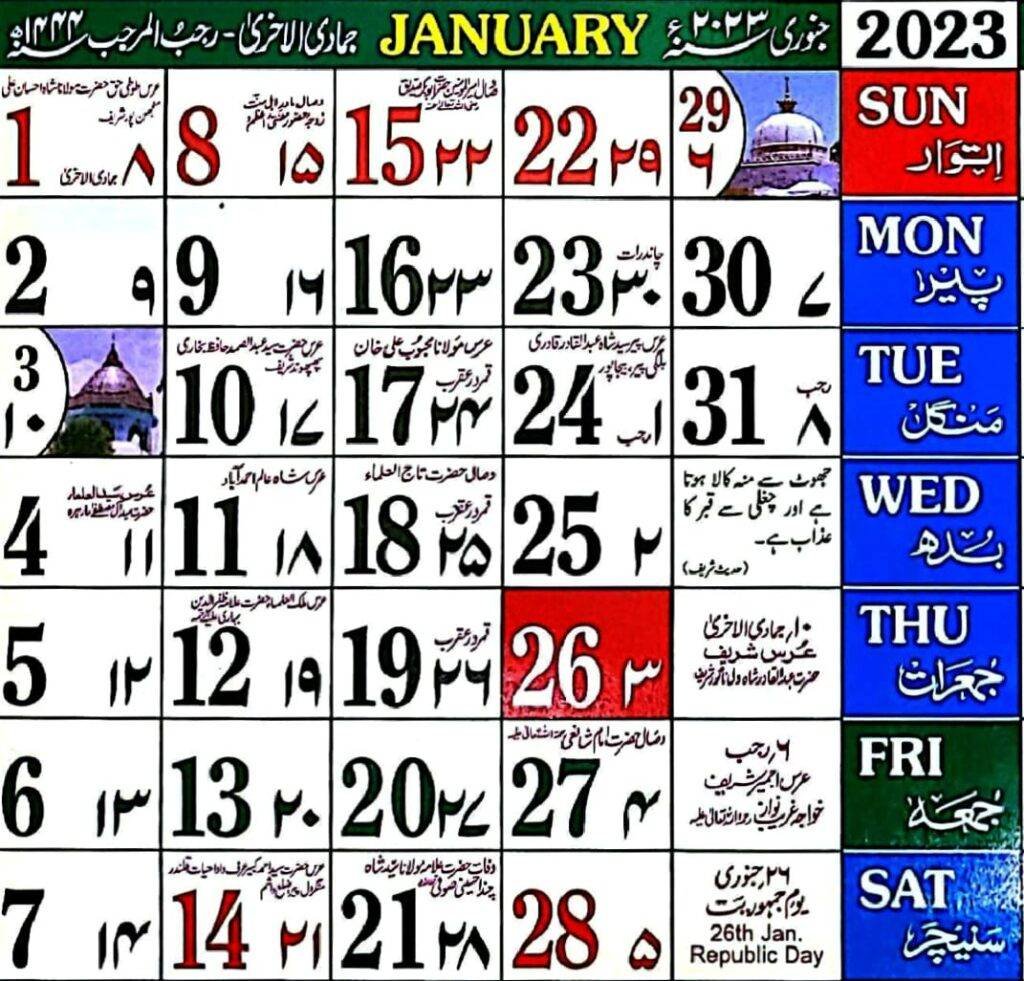
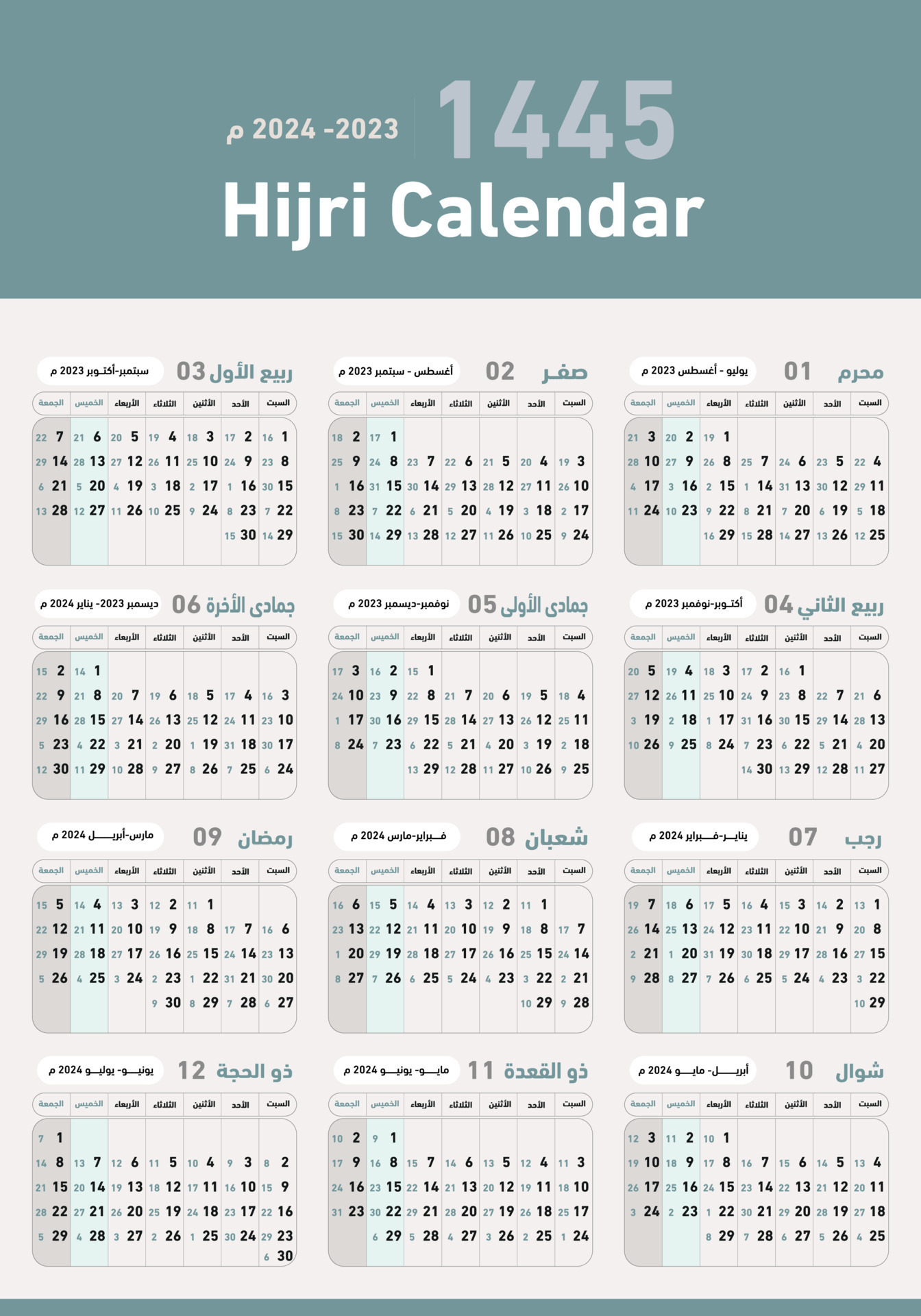
Closure
Thus, we hope this article has provided valuable insights into Navigating Time: A Comprehensive Guide to the Urdu Calendar for January 2025. We hope you find this article informative and beneficial. See you in our next article!